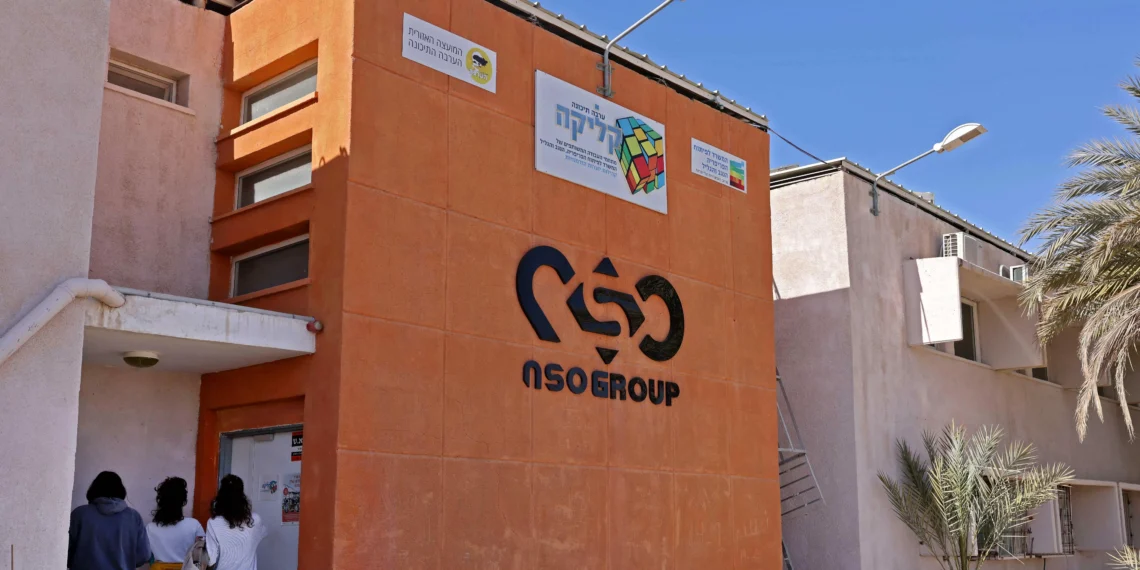On July 15th, 2021, The Intercept published an explosive report that revealed the concerning relationship between the Israeli spyware company NSO Group and U.S. politicians. According to the report, on the same day that lobbyists for NSO met with Republican Representative Pete Sessions, a lawyer from the lobbying firm made a $1,000 donation to “Pete Sessions for Congress.” This revelation is raising questions about the company’s influence on U.S. lawmakers and its efforts to get off the country’s blacklist.
The NSO Group is the maker of Pegasus, a powerful spyware that has been used by governments around the world to target activists, journalists, and human rights defenders. The company has been in the spotlight since a consortium of media outlets, including The Intercept, revealed that Pegasus was used to spy on thousands of people, including journalists and political figures.
The Israeli company has been facing intense scrutiny and backlash over its product, with multiple governments and organizations calling for a ban on its use. In response, NSO Group has been lobbying to get off the U.S. Commerce Department’s Entity List, which would allow the company to do business with American companies without facing penalties.
But as the recent report from The Intercept reveals, NSO’s efforts to get off the blacklist go beyond just lobbying. The report states that NSO Group’s CEO Shalev Hulio has been in close contact with U.S. lawmakers, including Representative Pete Sessions. On the same day that NSO lobbyists met with Sessions, the company’s lawyer, Bruce Mehlman, made a $1,000 donation to Sessions’ campaign. This raises concerns about the influence NSO may have on U.S. politicians and their decision-making.
The Intercept’s report also highlights how NSO has been flouting a federal court order by continuing to sell Pegasus to foreign governments, despite being banned from doing so. This shows a blatant disregard for the rule of law and raises questions about the company’s ethics and practices.
NSO Group has denied any wrongdoing and has stated that it operates in accordance with the law. However, the evidence presented in The Intercept’s report paints a different picture. It is clear that the company is using its financial and political connections to try and influence U.S. policies and regulations.
This is a concerning development, especially considering the nature of NSO’s product. Pegasus has been linked to numerous human rights violations, including the surveillance of journalists and activists. The fact that a company responsible for such actions is trying to influence U.S. lawmakers is alarming and should be taken seriously.
It is the responsibility of our elected officials to prioritize the protection of human rights and privacy. The fact that they are being courted and potentially influenced by companies like NSO raises questions about their commitment to these values.
The Intercept’s report also sheds light on the larger issue of corporate influence in politics. Companies like NSO, with deep pockets and powerful connections, can use their resources to shape policies and regulations in their favor. This is a dangerous trend that needs to be addressed, and stricter regulations must be put in place to prevent such influence.
In conclusion, The Intercept’s report has exposed the troubling relationship between NSO Group and U.S. politicians. It is essential that our lawmakers are held accountable for their actions and that stricter measures are put in place to prevent corporate influence in politics. The protection of human rights and privacy must be the top priority, and companies like NSO should not be allowed to influence policies that could have damaging consequences for individuals around the world.







